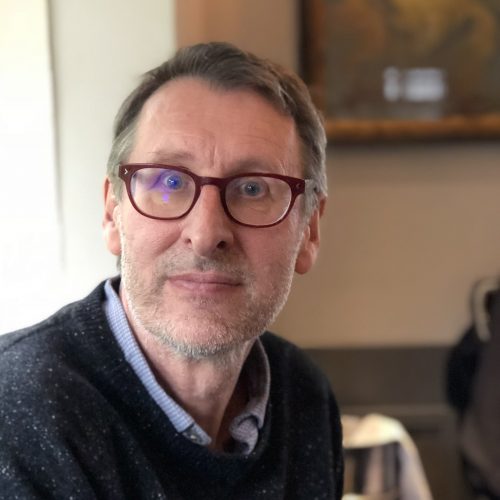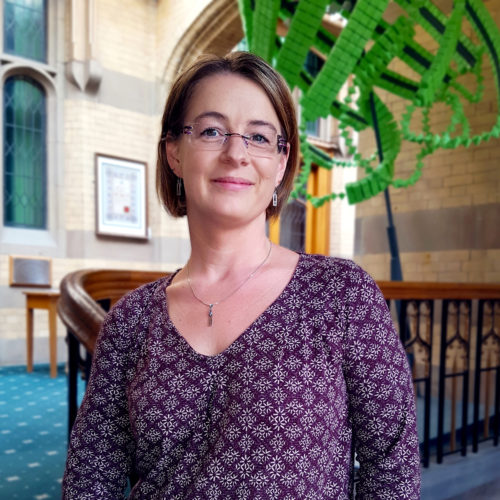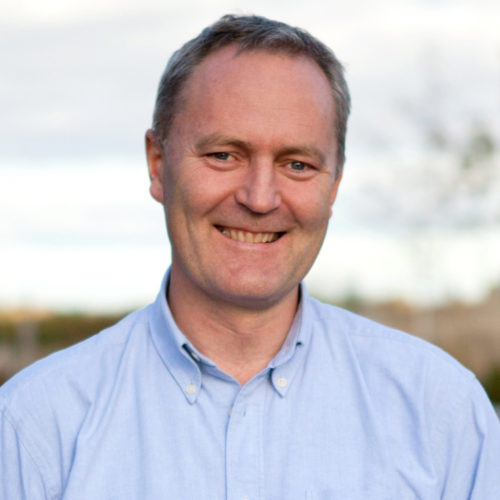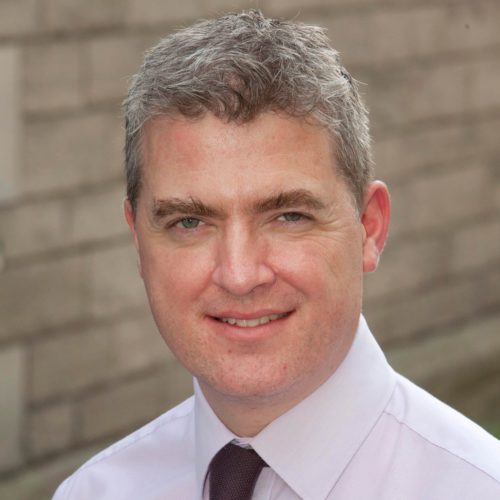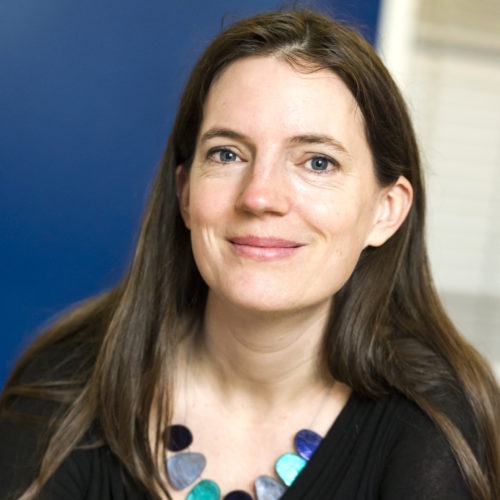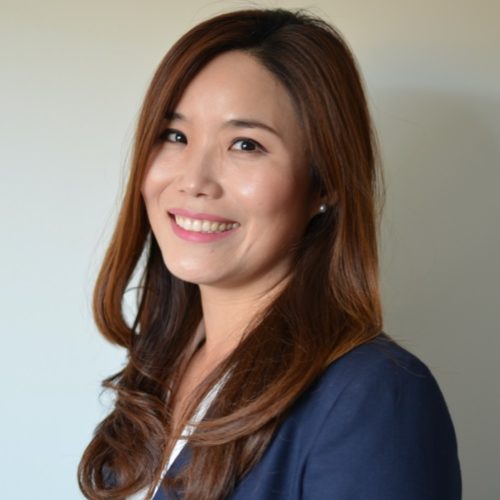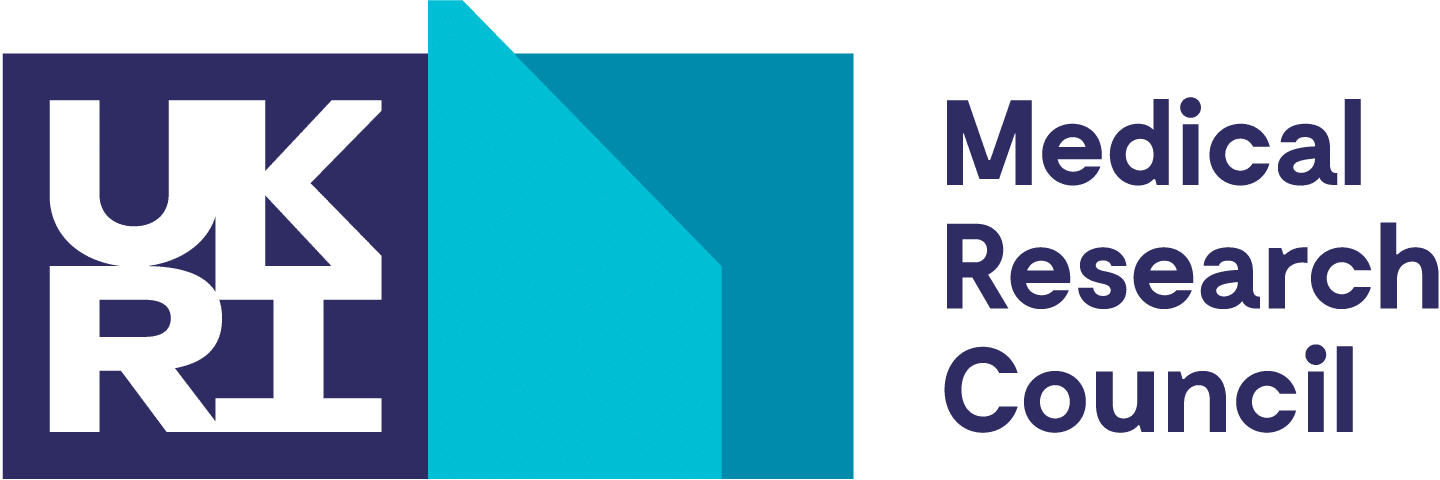The Platform is comprised of three interdisciplinary and complementary research Hubs, which draw together the major players in regenerative medicine from across the country. Each hub has its own broad but distinctive key focus, dedicated research team and connections to commercial and clinical end-users. Collectively, they provide a central source of expertise and knowledge – generating new tools, protocols and resources that can be utilised by other research groups in both academia and industry.
Discover more about them below.

